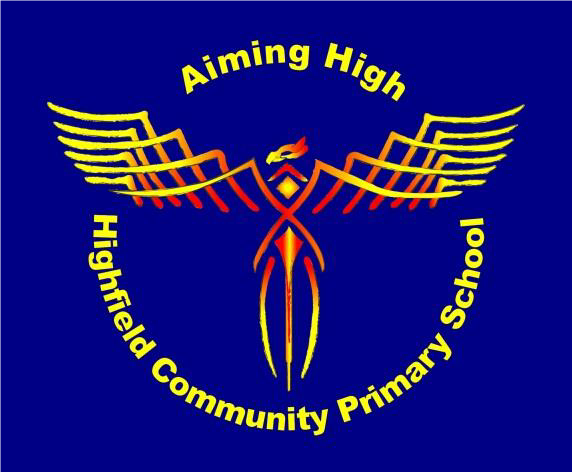History
Intent
Our history curriculum has been designed to cover all of the skills, knowledge and understanding as set out in the National Curriculum. The National Curriculum states that a ‘high-quality history education will help pupils gain a coherent knowledge and understanding of Britain’s past and that of the winder world. It should inspire pupils’ curiosity to know more about the past.’ To ensure that pupils develop a secure knowledge that they can build on, our history curriculum is organised into a progression model that outlines the skills, knowledge and vocabulary to be taught in a sequentially coherent way. Chronological understanding, historical understanding, historical enquiry, interpretations of history, organisation and communication are all mapped out to ensure that pupils build on secure prior knowledge. The long-term plan has therefore been developed starting with topics within living memory in Early Years and KS1 while progressing further back in history as the children move through to KS2.
Implementation
History is taught in blocks throughout the year, so that children achieve depth in their learning. The key knowledge and skills of each topic have been identified and considerations have been given to ensure progression across topics throughout the each year with pupils travelling back to the Stone Age. All learning will start by revisiting prior knowledge. This will be scaffolded to support children to recall previous learning and make connections. Staff will model explicitly the subject-specific vocabulary, knowledge and skills relevant to the learning to allow them to integrate new knowledge into larger concepts. Our budding historians will be given a variety of experiences both in and out of the classroom where appropriate to create memorable learning opportunities and to further support and develop their understanding. There is a focus of embedding and developing enquiry-based thinking skills through using a ‘big question’ as the overarching theme for each unit which has been subsequently split into smaller enquiry-based questions which provide the focus for each lesson. Topic boxes have also been created to support enquiry within the classroom through the exploration of artefacts and sources linked to each topic. Children are encouraged to ask and answer questions about the contents of the topic boxes to help them gain further knowledge and understanding. Children are assessed formatively and summatively throughout history topics. This is recorded on a front cover sheet in the children’s books for each unit.
There has also been careful consideration around ensuring the topics we teach follow a chronological order. It was decided that in Year 1/2 children would still cover the Gunpowder Plot at the beginning of the year, despite not following the chronological order that had been planned. This is because it is appropriate to teach this topic in the Autumn term due to key dates within this topic as well as the children showing a real interest in this topic.
Impact
Through the high quality teaching of history taking place, we will see the impact of the subject in different ways. Through pupil voice, children will be able to talk about the skills and knowledge they have acquired. Children will be engaged in history lessons and want to find out more. Children will complete research independently through projects and homework and to further their own enjoyment about the topic.
Work will show that a range of topics are being covered, cross-curricular links are made where possible and differentiated work set as appropriate. The school environment will be history-rich through displays, resources, vocabulary etc. As historians, children will learn lessons from history to influence the decisions they make in their lives. Assessment and monitoring will show standards in history will be high and will match standards in other subjects areas.
Pupil voice will be carried out across the academic year, as we begin to implement this we will see children becoming more confident in being able to talk about what they have learnt in history using subject-specific vocabulary.
Recent pupil voice, which was carried out prior to our new curriculum being implemented, demonstrated that children really enjoy learning about history and have had memorable experiences throughout their school experience in this subject. Children however, were not as confident in using subject-specific vocabulary and remembering the skills that they had covered. As our new curriculum is implemented we aim to see a huge impact on this.
